From habaneros to jalapenos to bell peppers, senior Christian Encarnado grows just about every type of pepper one could think of in the steel wire bounds of his backyard garden.
“I’ve been growing peppers for a couple of years,” Encarnado said. “I had been experimenting with different methods. The first year, I grew them in these cheap plastic egg box containers. I used baking pans to hold the water at the bottom so that they can rewater themselves because they are self-watering plants.”
Most people would not expect a high-schooler to take part in gardening, but after seeing a video while stuck in his house during the pandemic, he was inspired to try it himself.
“It was back in 2020,” Encarnado said. “I watched a video on YouTube because I was kind of stuck at home a lot, so I watched a video about this guy who made his own hot sauces. It was a channel called 7 Pot Club. His name was Ed. He grew his own peppers in his yard in Michigan, and I thought it was awesome.”
Peppers may be the plant that Encarnado is known for, but peppers weren’t the first plant he started with.
“I didn’t start with peppers actually,” Encarnado said. “The first seeds I grew were from a pomegranate and kiwi that I had collected from some fruits my mom had got from the store. This was back in December of 2020, so I put the seeds in these paper towels, and I folded them, and they stayed under a heated lamp. The kiwi is still growing in my backyard, and it’s almost as tall as me now.”
Since then, Encarnado has expanded his garden by adding 30 different varieties of peppers to the pomegranates and kiwis. With all of these peppers sprinkled amidst his garden, the process of growing them is quite complex.
“In a bucket I mixed some normal potting soil, perlite, vermiculite and all-purpose fertilizer, and I put that in the solo cups,” Encarnado said. “Then, I put the solo cups in the baking pans. Every cup had three seeds in it. Each seed I put in is about an eighth of an inch deep.”
After seeds are put to soil, he maintains their growth and development through a series of chores, including watering, lighting and maintaining a good temperature.
“I watered them with a bottle that had a bunch of holes in the top of it,” Encarnado said. “This so the seeds wouldn’t splash out. There are three heating lamps that I used. Those were sitting under the baking pans since they were aluminum and they conducted heat better. This kept the seeds warm, and they grew faster. I also bought some LED grow lights. These were on Amazon for like $20.”
During the middle of winter, where everything is usually brown and dead, the peppers that Encarnado had been growing had just started to show their first signs of life.
“The first seeds sprouted two weeks after I planted them because it was December and that room was kind of cold,” Encarnado said. “The heating mats were the only things keeping them warm. They were bell peppers. Those were the first ones to come up. Sweet peppers are usually way faster than spicy ones.”
Once summer comes around, the garden requires even more attention. On the first day of summer, Encarnado keeps the peppers out in a shady area for 90 minutes. On the second day, Encarnado keeps them out for two hours in the direct sun.
“If they don’t show any signs of stress, you can keep them outside for the whole day,” Encarnado said.
This is a lot of work for one person, but Encarnado has a variety of reasons why he does it.
“It was just so fun doing it,” Encarnado said. “I kept on trying different seeds. You could get things that you could never get at the store.”
He doesn’t just do it for fun though. Gardening is a way to carry on the legacy of his grandpa, who started his own garden after he moved to the United States years ago.
“My grandpa, Manuel Encarnado, used to grow eggplants in his yard when he first moved to America from the Philippines,” Encarnado said. “He died right before I was born. He always loved plants. That is why it was ironic that he worked at St. Francis Hospital because St. Francis is the saint of plants and animals. He did the same job I do – dish cleaning. My parents always told me about his garden in Indianapolis. It was beautiful, but it was surrounded by poverty.”
Food is a large part of every culture around the world. Every culture has its own ingredients that are unique to their country. Encarnado is bringing these foods back to the people in his community, just as his grandpa did.
“Gardening has allowed me to grow things that you can’t get in Indiana very easily like alugbati, kant kong, moringa, and Lakatan bananas to name a few things,” Encarnado said. “You can use the banana leaves to make tamales, you can cook bone stew with alugbati and the banana trees I grow remind my dad of his old home in the Philippines. The food connects us back to our culture, especially since food is such a big part of Filipino culture.”
When people move away from their homes to a country completely different from what they know, having a meal common to their culture can bring comfort and help maintain their connection to their roots. Not only does Encarnado grow unique ingredients that one could not find in the average supermarket, but he turns them into cultural dishes that are significant to his own Filipino heritage.
“I could start growing vegetables and fruits from the Philippines that you could never get here in the markets,” Encarnado said. “You can make dishes with them that would be impossible to make. It makes people feel at home when you can make dishes that they could only get in the Philippines.”
This may be a very long and demanding process, but for Encarnado, it is certainly worth it.


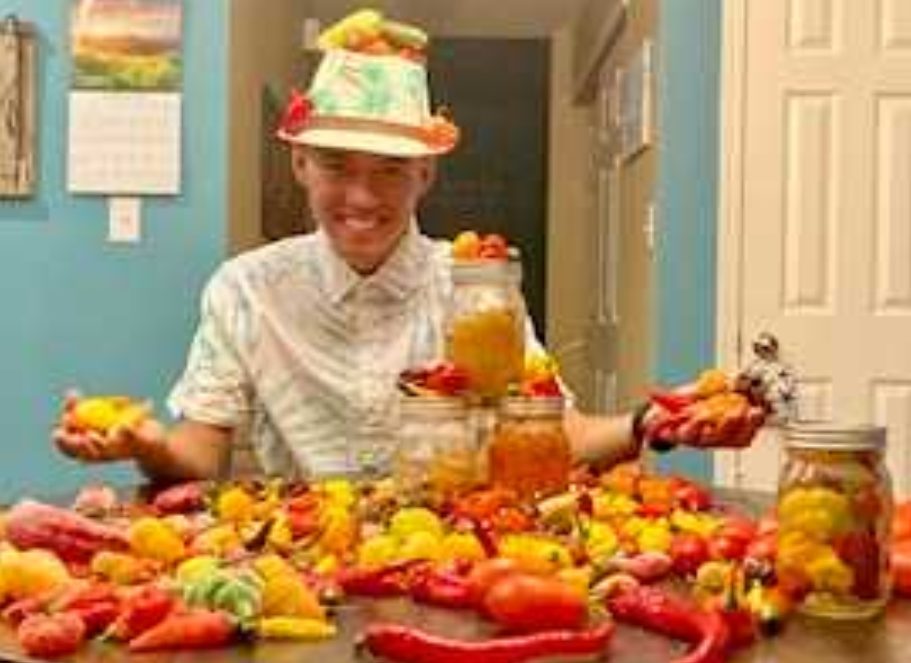


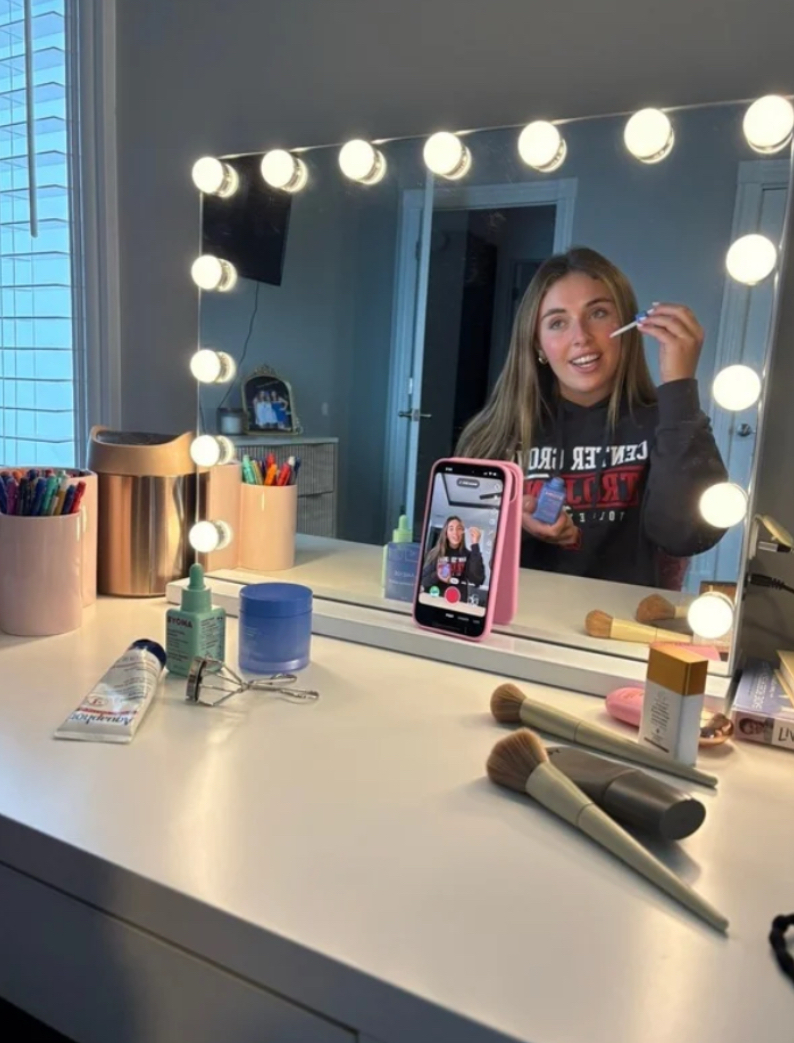
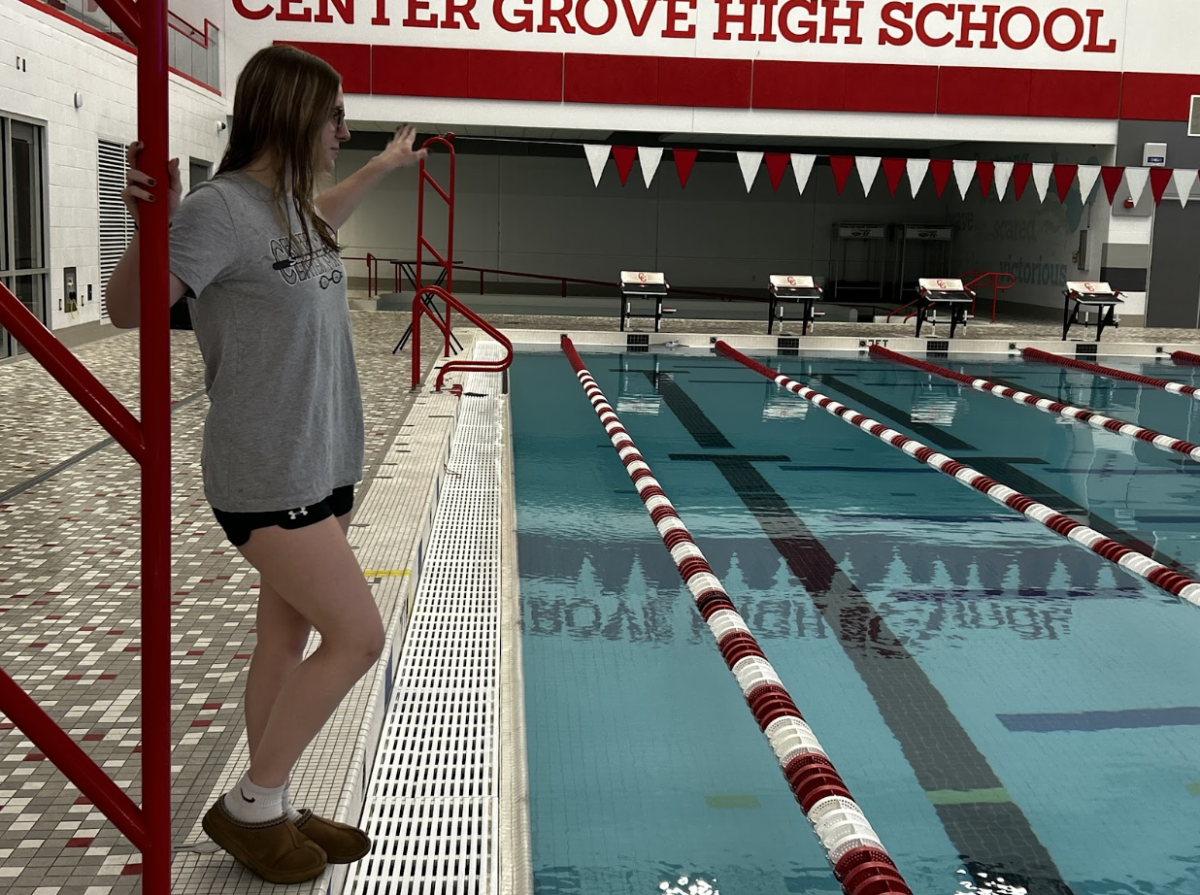
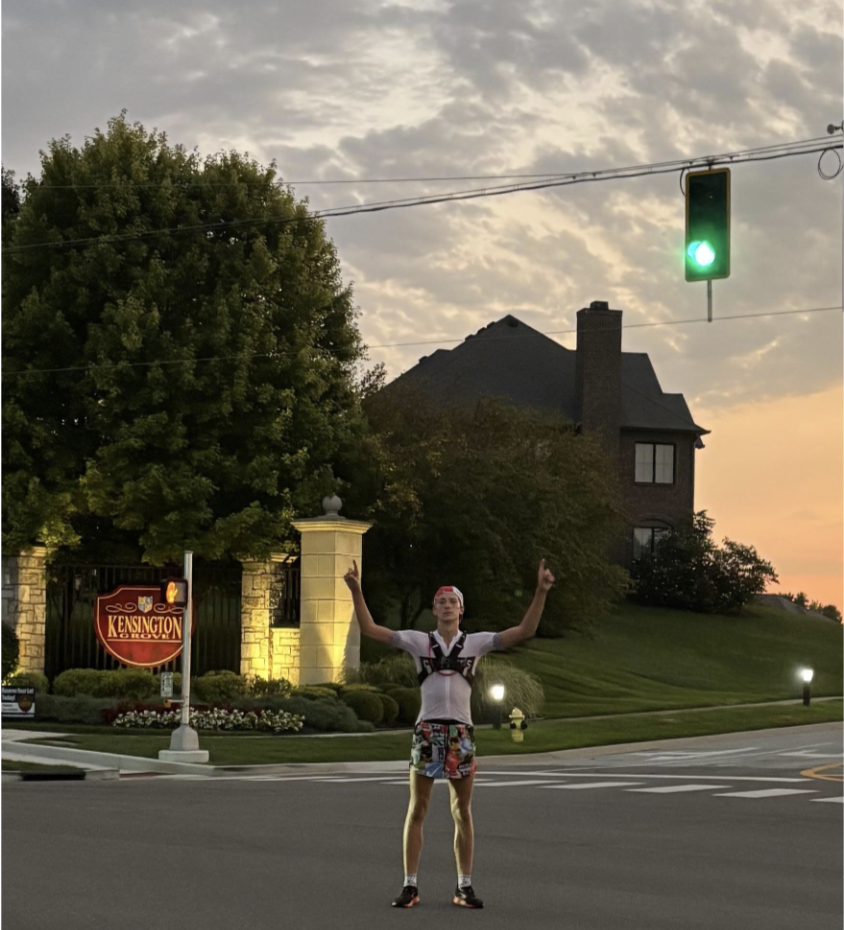

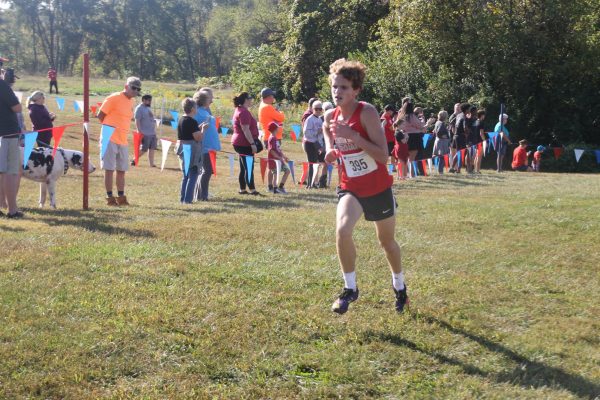
Marlon • Sep 6, 2023 at 11:24 am
Love the article. It’s very well written.